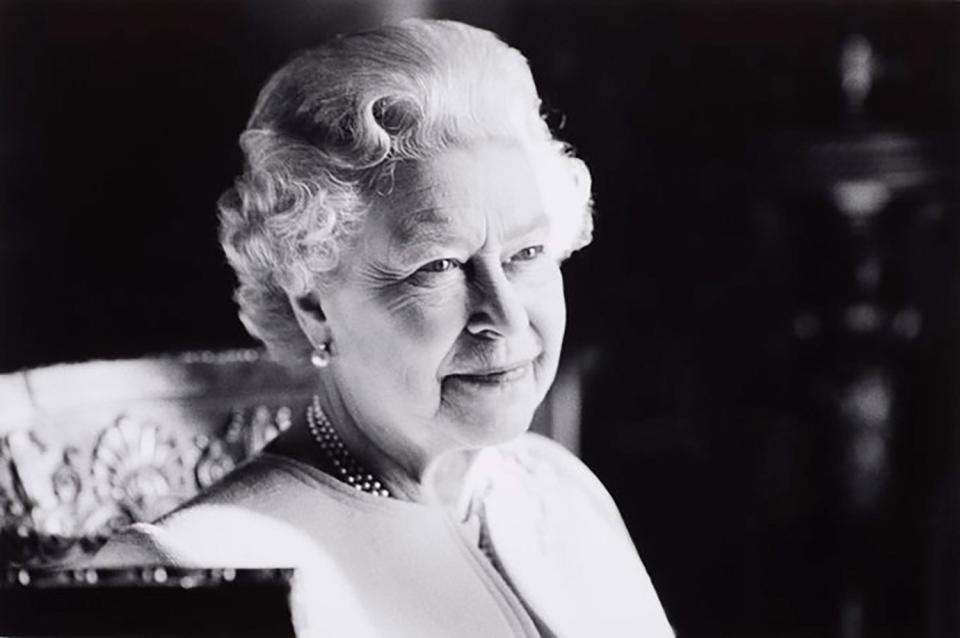Why Do We Feel So Sad About Queen Elizabeth's Death?

- Oops!Something went wrong.Please try again later.
Why are people around the world so sad about the death of a woman they've never met?
"When we talk about collective grief, we often mistakenly think we need to know the person," says David Kessler, a grief specialist and founder of Grief.com. "What people often don't understand is, that person was a part of our lives without ever meeting them."
In the case of Queen Elizabeth, who died today at the age of 96 after 70 years on the throne, "it is truly like a matriarch dying," says Kessler. Iconic figures like the Queen "become the backdrop to our lives. And they also connect us to ourselves. We remember not just their milestones, but how their milestones connected to ours. Her dying is not only the end of her life, but it reflects our own passages through life."
For more on Queen Elizabeth, listen below to our daily podcast PEOPLE Every Day.
Our experience of grief, says George Bonanno, professor of clinical psychology and head of the Loss, Trauma, and Emotion Lab at the Teachers College, Columbia University, goes beyond the loss of someone we love. "It's when we lose something that's key to our identity," he says. "And there are going to be people for whom this will be a real loss of something important to their identity. In England, the monarchy is, to some people, a crucial sense of their country, nationalism, all those things."

The queen was, for many in England and beyond, a stabilizing presence, says Bonanno, author of The Other Side of Sadness: What the new science of bereavement tells us about life after loss. "People may feel it's the end of era, or the end of a certain way that the world works," he says. "I think a lot of what people value in the monarchy seems to be this kind of stability and comportment, this old world order — even though a lot of it is fictitious. And Charles is next. And he doesn't carry the same cachet as Elizabeth. So people may see it as the end of that kind of distinguished, orderly, predictable world."
RELATED: Queen Elizabeth's Life in Photos: See the Most Iconic Moments from Her Historic Reign
A prominent loss can also stir up old pain. "Many times these events trigger unresolved grief that we haven't fully processed," says Kessler, author of Finding Meaning: The Sixth Stage of Grief. "So be aware that could happen and if you realize you have some old grief, it's not an enemy, it's just a reminder. It's knocking at your door, asking for a little help."
For more on Queen Elizabeth, listen below to our daily podcast PEOPLE Every Day.
There will also be those for whom the monarch's death is a non-event. "A lot of people will feel nothing," Bonanno says. The key to navigating your feelings? "Find your tribe," says Kessler. "If you're sad and you get on the phone with your brother who goes, 'That's ridiculous, you didn't know her,' that's not the person for you to chat with. Seek out people who are like you. Connect with others who are feeling like you. There's no right or wrong way to grieve."
The many rituals that will follow in the days to come can provide comfort too. "How do we make meaning? We can watch memorial services. You can post a memory or give to a charity in the queen's honor," Kessler says. "Give yourself permission to know this meant something to you."
RELATED: When Will Queen Elizabeth's Funeral and King Charles' Coronation Take Place?
And through sharing the experience of a funeral or a memorial service — whether it's the funeral of a loved one or a beloved public figure — "we feel connected to all those other people who are mourning," says Bonanno. "We're telling each other that we all cared about this person, we're still here and we have each other."

